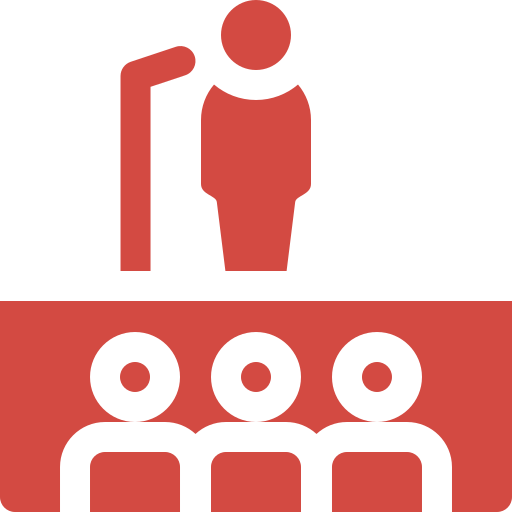 There are diagnostic criteria for substance dependence or addiction. Let’s examine the research and the similarities between high-sugar, energy-dense, fatty and salty processed junk food and cocaine, heroin, and nicotine. We’ll start by reviewing the diagnostic criteria for substance dependence or addiction found in the bible of psychiatric diagnosis—the DSM-IV and look at how that relates to food addiction.
There are diagnostic criteria for substance dependence or addiction. Let’s examine the research and the similarities between high-sugar, energy-dense, fatty and salty processed junk food and cocaine, heroin, and nicotine. We’ll start by reviewing the diagnostic criteria for substance dependence or addiction found in the bible of psychiatric diagnosis—the DSM-IV and look at how that relates to food addiction.
- Substance is taken in a larger amount and for a longer period than—a classic symptom in people who habitually overeat.
- Persistent desire or repeated unsuccessful attempts to quit—consider the repeated attempts at diet so many overweight people go through.
- Much time/activity is spent to obtain, use, or recover—those repeated attempts to lose weight take time.
- Important social, occupational, or recreational activities given up or reduced—I see this in many patients who are overweight or obese.
- Use continues despite knowledge of adverse consequences (e.g. failure to fulfill role obligation, use when physically hazardous)—anyone who is sick and fat wants to lose weight, but without help few are capable of making the dietary changes that would lead to this outcome.
- Tolerance (marked increase in amount, marked decrease in effect)—in other words you have to keep eating more and more just to feel “normal” or not experience withdrawal.
- Characteristic withdrawal symptoms; substance taken to relieve withdrawal—many people undergo a “healing crisis” that has many of the same symptoms as withdrawal when removing certain foods from their diet.
Few of us are free from this addictive pattern. If you examine your own behavior and relationship to sugar, in particular, you will likely find that your behavior around sugar and the biological effects of over-consumption of sugar match up perfectly. Many of the criteria above are likely to apply to you.
We blame the fat person. But how can we blame a two-year-old for being fat? How much choice do they have?
SOURCE – http://housecallwithdrhyman.com




























